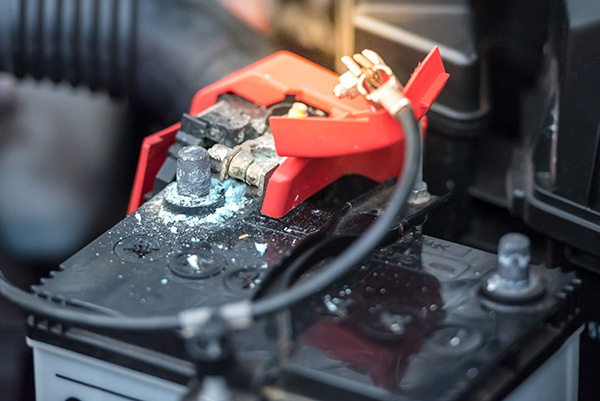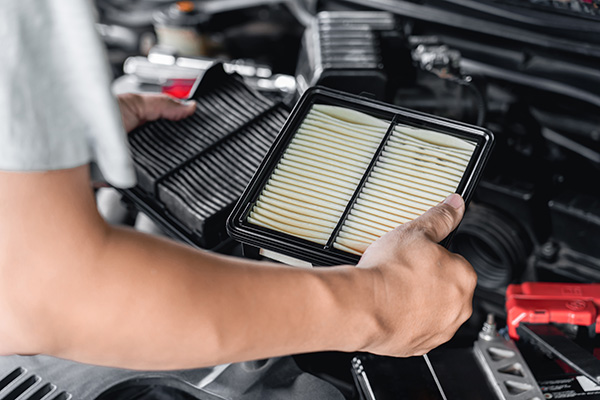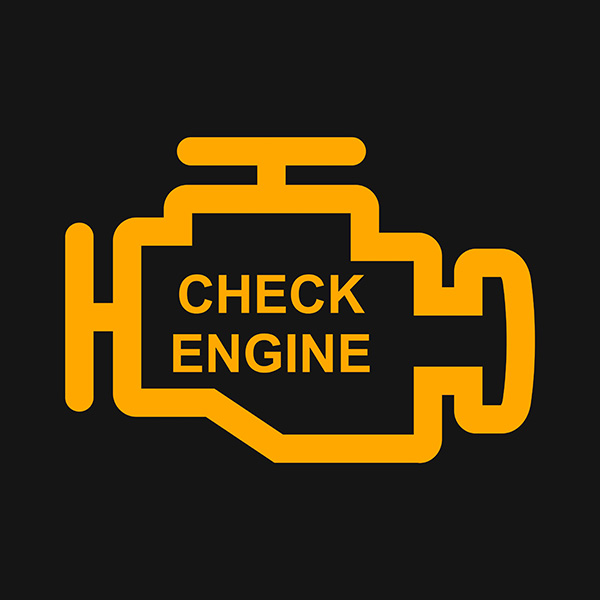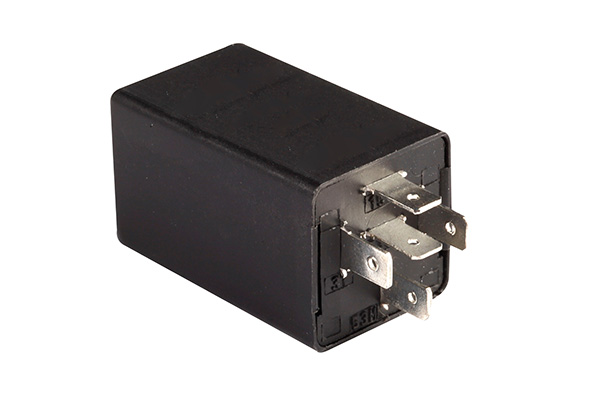Posted on 4/25/2025

Car batteries are taken for granted—until something goes wrong. While it's rare, a car battery that overheats or catches fire is a serious risk. These types of failures don’t just kill the battery; they can damage your electrical system, start an engine fire, or put you in real danger. So, what actually causes a battery to get that hot? And how can you prevent something this extreme from happening to your vehicle? Let’s take a closer look at why batteries overheat and what steps you can take to avoid the worst-case scenario. Overcharging and Voltage Problems One of the most common reasons a car battery overheats is overcharging. When too much current flows into the battery—usually due to a faulty alternator or charging system—it produces excess heat. Over time, this heat can cause the battery to swell, leak, or even vent flammable gases. In severe cases, this buildup of gas and heat can result in a fire, especially if there’s ... read more
Posted on 3/28/2025

As winter comes to an end and temperatures rise, many drivers in Raleigh, NC, encounter seasonal car troubles. The transition from cold weather to spring warmth can impact various vehicle components, making it an ideal time to address any lingering wear and tear from winter. Whether it's pothole damage, weak batteries, or air conditioning issues, taking care of these problems promptly helps ensure your car runs smoothly throughout the warmer months. 1. Tire and Suspension Damage from Potholes Winter weather leaves behind rough roads filled with potholes, and your car’s tires and suspension may have taken a hit. Signs of pothole-related damage include: Uneven tire wear or bulges in the sidewalls Steering that pulls to one side A rough, bumpy ride or unusual noises from the suspension If your car isn't handling as well as it should, a suspension and alignment check can prevent further wear and improve safety. 2. Battery Issues After a Cold Win ... read more
Posted on 2/28/2025

Nothing disrupts a drive quite like seeing the check engine light appear on your dashboard. It’s one of those warnings that can mean anything from a loose gas cap to a serious engine issue. Ignoring it isn’t an option, but panicking isn’t necessary either. Knowing what causes this light to come on and what steps to take can help you confidently handle the situation. What the Check Engine Light Means Your car’s check engine light is part of the onboard diagnostics system, designed to alert you when something isn’t working correctly. When the light comes on, it means the system has detected an issue that needs attention. The problem could be minor, like a faulty sensor, or more significant, like a misfiring engine. There are two types of check engine light warnings. A steady light usually signals a less urgent issue, while a flashing light indicates a more severe problem that requires immediate attention. If the light is blinking, it&rsqu ... read more
Posted on 1/31/2025

Owning a Mercedes-Benz is all about enjoying luxury, precision engineering, and performance. Following the recommended maintenance schedule is critical to keep your car running at its peak. Mercedes-Benz has a specialized system of service intervals known as Service A and Service B. But what sets these services apart, and which one does your vehicle need? Let’s clear up the confusion so you can stay on top of your car’s care. The Basics of Mercedes-Benz Service A Mercedes-Benz Service A is typically the first maintenance service your vehicle will require. It’s scheduled around the 10,000-mile mark or one year after purchase, whichever comes first. This service is all about keeping your car in top condition during the early stages of its life. Service A focuses on essential inspections and minor maintenance tasks, ensuring your vehicle o ... read more
Posted on 12/20/2024

When you think about what makes your car run, you probably focus on the engine, transmission, or maybe even the battery. But have you ever wondered how all the electrical components inside your vehicle communicate and function seamlessly? That’s where automotive relays come in. These small devices are crucial in powering everything from your headlights to your air conditioning. If you’re not familiar with how they work or why they’re important, don’t worry—you’re in the right place to learn. What Is a Relay In simple terms, a relay is an electrical switch that allows a low-power circuit to control a high-power circuit. This is particularly useful in vehicles, where a single button or control needs to activate components that require more power than the control system can handle directly. For example, when you flip on your car’s headlights, you’re not directly connecting the switch to the lights. Instead, the switch sen ... read more